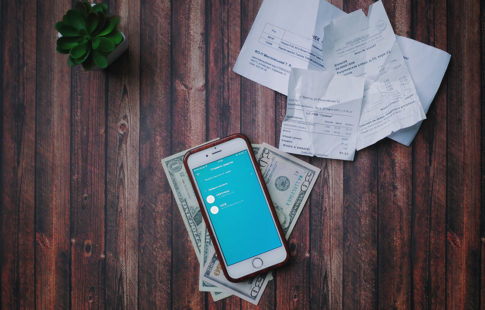Most people who want to buy a home need a mortgage. And many of them eventually refinance their mortgages for a variety of reasons. Both refinancing and qualifying for an initial mortgage can seem a little scary, but when you’re armed with a bit of knowledge about the process you can overcome those fears. Here are a few frequently asked questions about home loans, refinancing, and getting a mortgage in general.
What is a mortgage refinance?
A mortgage refinance is getting a different loan that replaces an existing loan on the same property. Most homeowners choose to refinance their home loans for either a new interest rate or a different mortgage term.
What is cash-out refinance?
Cash-out refinancing is a process wherein homeowners secure a new home loan for a greater amount than is what is actually owed on their home so that they can receive cash to spend on other projects or apply to non-mortgage debts. Common uses of cash from a cash-out refinance include paying for college tuition, paying down credit card balances, paying student loan debts, and financing home improvements. (To learn whether a cash-out refinance is a good option for you, get in touch with Mr. Cooper.)
How do I know how much home equity I have?
Your home’s equity is the difference between the fair market value of your home and the debt that you owe against it. To calculate equity, calculate your loan-to-value (LTV) ratio by dividing the amount you owe on the house by its current value. Most lenders require LTV of 80% or less to qualify for a refinance. (Read more about calculating equity here).
What is PMI?
Private mortgage insurance, or PMI, is insurance purchased by a homeowner that covers the risk assumed by the mortgage lender, should the homeowner default on their mortgage payments. PMI only applies to conventional loans and is often required when buyers put less than 20% down.
How do I get the lowest mortgage interest rates?
Many factors determine mortgage interest rates. Generally if you have a higher credit score, you will have more options when it comes to choosing loan terms because the higher your creditworthiness, the more likely you are to pay back a loan. Borrowers with low DTI (debt-to-income) ratios, or how much you owe on various debts versus your income, also tend to qualify for lower interest rates. Another way to get a lower interest rate is to opt for a loan with a shorter term. Mortgage refinances of 10- or 15-years generally have lower rates than 30-year mortgages.
What is the difference between fixed- and adjustable-rate mortgage refinances?
Fixed rate mortgage interest rates do not change. Adjustable-rate mortgage (ARM) interest rates do, and an ARM payment can go up. The advantage of a fixed rate mortgage is that the interest doesn’t ever increase. The benefit of an ARM mortgage is that the introductory interest rate is often low. In the end, every borrower is different.







